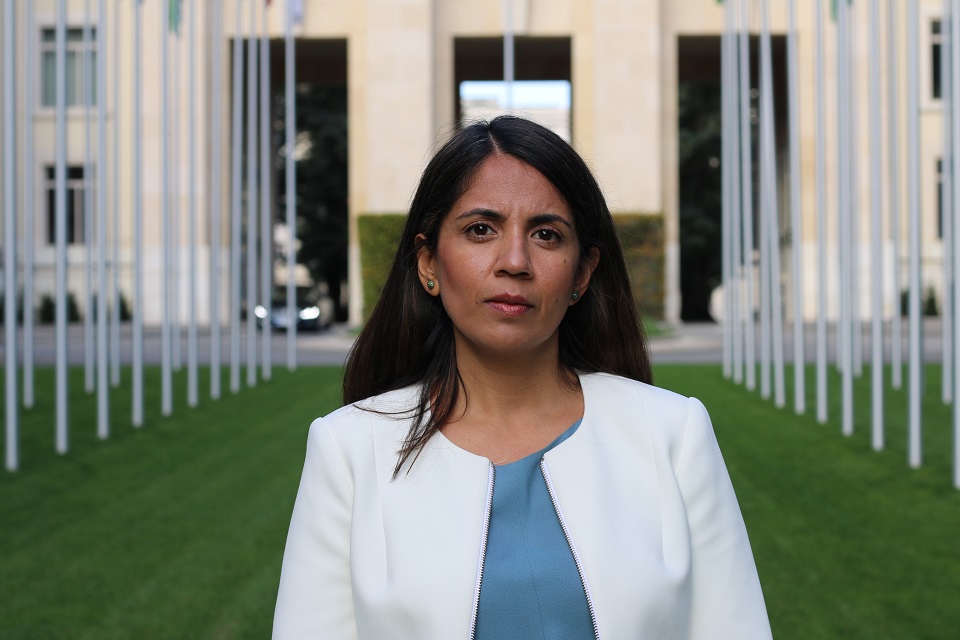UNHRC 47: UK statement on gender-equal socioeconomic recovery from COVID-19
The UK's International Ambassador for Human Rights, Rita French, delivered this statement during the Annual Discussion on Women’s Rights Panel on gender-equal socioeconomic recovery from the COVID-19 pandemic.

Thank you, Madam President.
COVID-19 has seriously impacted women, who typically hold informal jobs that are more vulnerable to economic shocks and bear a disproportionate share of unpaid care responsibilities. The UN forecasts that 47 million more women and girls will be pushed below the poverty line because of the pandemic.
For a gender-equal recovery, we must redouble efforts to address barriers limiting women and girls social and economic participation.
This is why the UK is championing access to 12 years of quality, safe education for every girl, and their transition from education to work. The UK is also supporting bilateral partner governments ‘social protection programmes and policies through the £19 million Gender-Responsive Social Protection programme: to increase women’s economic participation, including their savings, investments in productive assets and employment levels – and reduce and recognise their unpaid care responsibilities.
Through partnering with the private sector we can get women back into better jobs and reduce poverty. Under our Presidency, the G7 announced a new $15 billion of funding over 2 years through the 2X Challenge, to support women in developing countries with improved access to leadership opportunities, quality employment, flexible working, finance and affordable products and services.
I would like to ask the panel for evidence of what has worked at scale to address barriers and ensure that women and girls benefit from a just economic recovery. Are there good examples of positive gendered responses that have made the most difference?
Thank you.